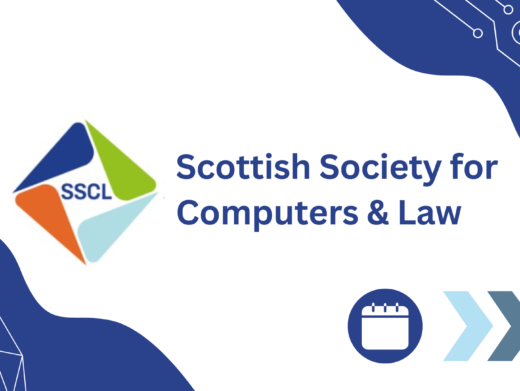We have teamed up with the LIDC (International League of Competition Law) to share a series of podcasts examining some of the increasingly pressing questions around cloud computing, AI and competition law.
Over seven episodes, recorded in November 2024, Ben Evans, Shruti Hiremath and guests will look beyond the current position to identify some of the pressures the changing landscape will bring to bear.
Episode 1: The Status Quo
The current state of competition law for cloud computing and what the regulators are up to now.
Episode 1 sets the listener up for a deep dive into cloud computing and AI later in the series with a high-level discussion of the key competition concerns that have been raised across the AI stack.
The AI stack broadly comprises of four components: data, compute (encompassing chips and cloud computing), foundation models, and AI applications. The panel reflect on the recent media and policy focus on the compute component and the widely reported chip shortages that have led competition authorities in the EU and USA to investigate how supply is being allocated. While there may have been shortages, these shortages – and any related competition concerns – should be considered against the backdrop of a sudden surge in AI product development, which may not represent a forward-looking picture of chip supply. Indeed, the recent proliferation of new chip development from firms including AMD, Intel, Google, OpenAI and Amazon suggests that competition for the supply of chips is fierce.[1] Authorities around the world are also showing considerable interest in cloud competition, focussing in particular on potential barriers to switching and interoperability. Episodes 3 and 4 are dedicated to exploring these issues in depth.
Turning attention to foundation models, the panel introduces concerns raised in particular by the UK Competition and Markets Authority (CMA) and the French Competition Authority (FCA)that firms perceived as controlling key inputs – principally data, cloud and skills – may restrict access in order to shield themselves from competition. Further concerns raised by authorities include the risk that cloud providers could exploit their market positions to distort foundation model choice, potentially engaging in self-preferencing à la Google Shopping (Case C-48/22 P Google and Alphabet v Commission). This discussion whets the appetite for a dissection of AI competition in a later episode.
Bringing the introductory session to a close, the panel also touches on concerns being raised by competition authorities that firms may be using strategic partnerships to reinforce, expand or extend existing market power through the value chain. This thorny issue is explored in greater detail later in the podcast series in an episode focussed on mergers and acquisitions, but at the outset thought is given to the importance of protections for investors in nascent technologies, with a parallel drawn to the pharmaceutical industry.
Panel
Ben Evans (chair) is a Postgraduate Researcher at the School of Law and Centre for Competition Policy, University of East Anglia. He is a member of the LIDC Scientific Committee.
Shruti Hiremath is Counsel in the Clifford Chance Antitrust Team in London.
Lauren Murphy is Founder and CEO of Friday Initiatives.
Sean Ennis is Director of the Centre for Competition Policy and a Professor of Competition Policy at Norwich Business School, University of East Anglia.
[1] Further recent developments such as the development of more efficient models like DeepSeek’s R1 have also raised questions on the continued need for a large number of chips.
The LIDC NEX GEN Podcast Series on ‘Competition in Cloud and AI’ explores some of the most topical and hotly debated questions with a panel of leading international experts from academia, legal practice and industry.
The series was recorded on 7 November 2024, and the views and opinions expressed therein reflect the legal context and state of affairs up to that date.
You can also watch or listen via the LIDC website, YouTube or Spotify.




